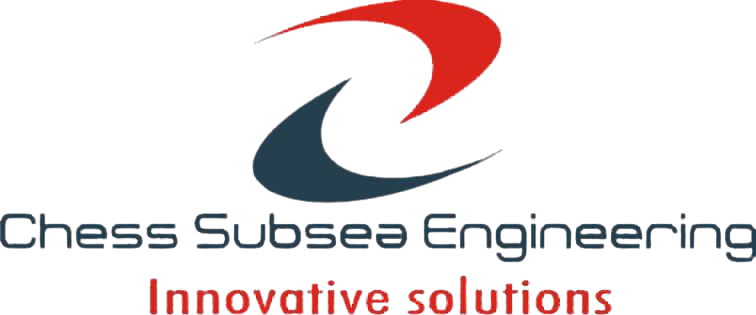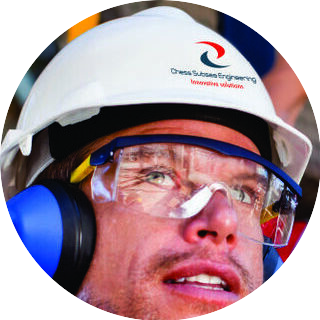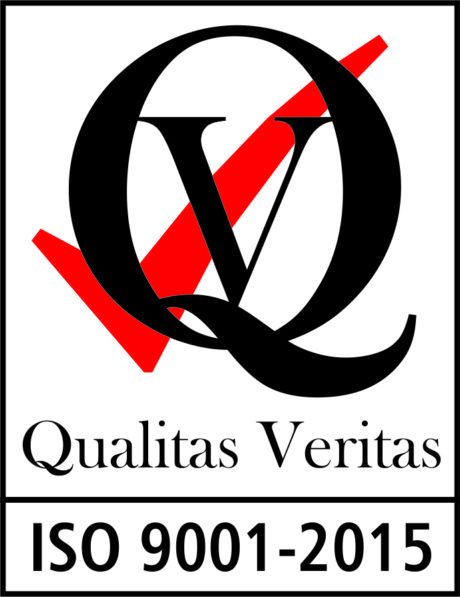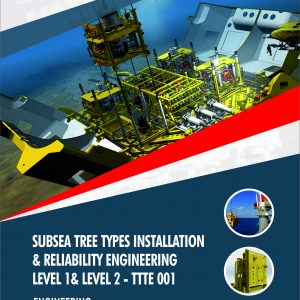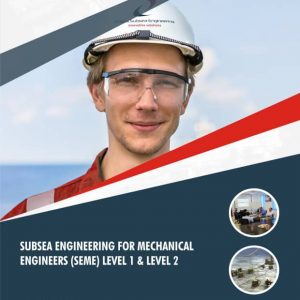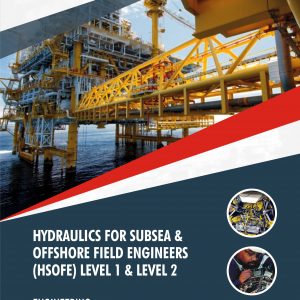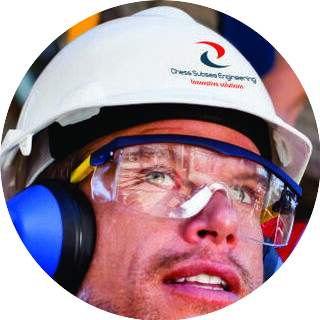Description
The EDOFPSOUM Level 1 course provides comprehensive training on the design, operation, and management of deepwater offshore Floating Production Storage and Offloading (FPSO) units.
This course covers the fundamental concepts and systems associated with FPSOs, including hull design, mooring systems, topside facilities, hydrocarbon processing, and offloading operations.
Participants will gain a thorough understanding of the various components and equipment used in FPSOs, such as production risers, storage tanks, process modules, and offloading systems, through theoretical lectures, case studies, and practical exercises.
The Level 1 course focuses on introducing participants to the key aspects of FPSO management, including safety regulations, environmental considerations, maintenance strategies, and emergency response procedures.
By the end of the Level 1 course, participants will have a solid foundation in FPSO technology and management, enabling them to contribute effectively to the planning, design, and operational aspects of deepwater offshore FPSO projects.
Deepwater Offshore Floating Production Storage & Offloading Unit & Management (EDOFPSOUM) Level 1 covers overview of FPSO, FPS, FSU, FSO & Offloading Terms, Architecture of FPSO, Hull of FPSO, FPSO Processing System, FPSO Mooring and Station keeping, FPSO Turret Mooring Systems, FPSO Disconnectable Mooring, FPSO Power Generation Systems, Living Quarters, Storage, Offtake, FPSO & Subsea Interface Network, FPSO Station Keeping, FPSO Key Design Drivers,FPSO Various Sizes & Shapes, FPSO Standards & Codes, FPSO Scheduling, FPSO Design Step & Approach, FPSO Process Plants, FPSO Safety Support Operational Cargo & Miscellaneous Systems, FPSO Operations, Inspection, Maintenance and Project Management, FPSO Operations JSA, FPSO Inspection Steps with JSA, FPSO Maintenance Steps with JSA, FPSO Repair Steps with JSA, FPSO BOUY IMR Steps with JSA, A Case Study of FPSO IMR and more.
EDOFPSOUM Level 1 is designed to provide detailed knowledge of Deepwater Offshore Floating Production Storage & Offloading Unit & Management and will assist those who are switching or enhancing there career in deep and ultra deepwaters subsea engineering.
Course Outlines
Introduction to FPSO, FPS, FSU, FSO & Offloading Terms
Architecture of FPSO
Hull of FPSO
Processing System
Mooring and Station keeping
Turret Mooring Systems
Disconnectable Mooring
Power Generation Systems, Living Quarters, Storage, Offtake
FPSO & Subsea Interface Network
Station Keeping
Key Design Drivers
Various Sizes & Shapes
Standards & Codes
Scheduling
Design Step & Approach
Process Plants
Safety Support Operational Cargo & Miscellaneous Systems
Technical Support References
Ref 1: Introduction to FPSO, FPS, FSU, FSO & Offloading Terms
Ref 2: Architecture of FPSO
Ref 3: Hull of FPSO
Ref 4: FPSO Processing System
Ref 5: FPSO Mooring and Station keeping
Ref 6: FPSO Turret Mooring Systems
Ref 7: FPSO Disconnectable Mooring
Ref 8: FPSO Power Generation Systems, Living Quarters, Storage, Offtake
Ref 9: FPSO & Subsea Interface Network
Ref 10: FPSO Station Keeping
Ref 11: FPSO Key Design Drivers
Ref 12: FPSO Various Sizes & Shapes
Ref 13: FPSO Standards & Codes
Ref 14: FPSO Scheduling
Ref 15: FPSO Design Step & Approach
Ref 16: FPSO Process Plants
Ref 17: FPSO Safety Support Operational Cargo & Miscellaneous Systems
Ref 18: FPSO Operations, Inspection, Maintenance and Project Management
Ref 19a: FPSO Operations JSA
Ref 19b: FPSO Inspection Steps with JSA
Ref 20: FPSO Maintenance Steps with JSA
Ref 21: FPSO Repair Steps with JSA
Ref 22: FPSO BOUY IMR Steps with JSA
Ref 23: A Case Study of FPSO IMR
Assessment
Participant underpinning knowledge of Deepwater Offshore Floating Production Storage & Offloading Unit & Management will be accessed with short answer multiple-choice questionnaire at the conclusion of the course.
Outcome
Participants will gain an in debt understanding of Deepwater Offshore Floating Production Storage & Offloading Unit & Management.They will also be able to function with minimum supervision as a Subsea Engineer for IOCs, subsea pipeline company contractor, vendor or installation company.
Professional Certificate
Issued directly by Chess Subsea Engineering Europe.
Participant may be presented for Offshore Petroleum Training Organization (OPITO) Certification.
How to Register
Click here to download registeration booklet on msword and email completed booklet to info@chesssubseaengineering.org directly.
